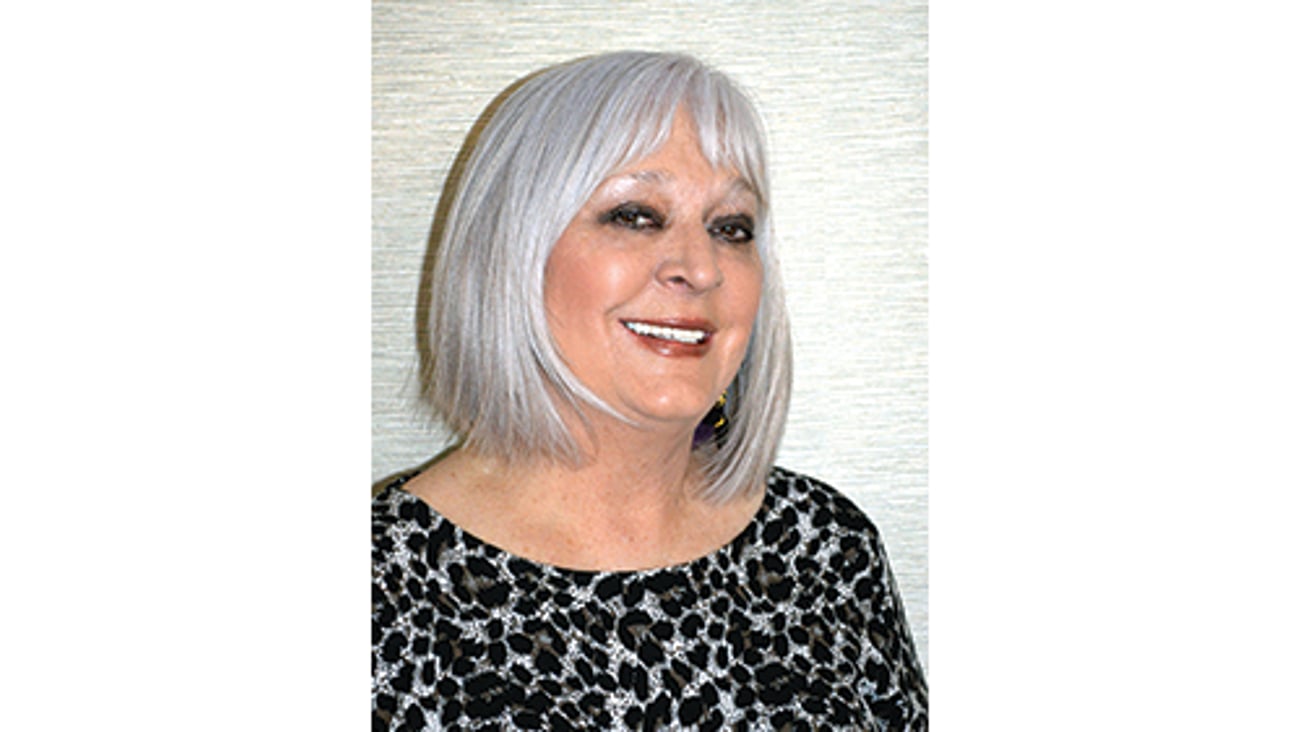Pharmacists are front-line heroes, too
“Heroes work here” signs recognize the employees toiling away inside the U.S. hospitals and nursing homes. Gratitude is a welcome sentiment for frontline workers during times of difficulty, sacrifice, and uncertainty. Heroes work at pharmacies, too, and acknowledgement of their efforts over the course of the COVID-19 pandemic is overdue.
Pharmacists’ day-to-day roles have shifted dramatically since the public health crisis began in March, and their service as members of the healthcare team has been impactful. Each day, pharmacists bravely show up to serve patients, putting their own health at risk while managing an expanded array of responsibilities. The scope of practice will further increase through the administration of COVID-19 tests in the coming months. As Drug Store News acknowledged with its May cover story "Heroes of the Industry," these health professionals, our unsung heroes deserve the same recognition and support as other front-line and essential workers.
From prevention to problem-solving
Pharmacists remain the most accessible health resource in the U.S., with nearly 95% of Americans living within five miles of a pharmacy. As quarantine orders — and fear — spread across the country, patient visits to physicians decreased dramatically. Many people sought the counsel of their neighborhood pharmacists, who took on a vital advisory role to support medication adherence, chronic disease management, and more generally, wellness. In addition to standard responsibilities of dispensing prescriptions, health and wellness testing, and administering immunizations where applicable, pharmacists’ provider duties have increased.
Amid the acceleration of dialogue with healthcare authorities and treating providers, demands for prescription verification, efficiency, safety, and community support have intensified inside the pharmacy. State prescribing rules are changing as COVID-19-related prescriptions are written by prescribers whose scope of practice might not cover particular medications. Compliance concerns are heightened as prescriptive authority evolves along with the pandemic. Pharmacists have also been tasked with maintaining a safe, distanced consultative environment in which to discuss medications—and virus concerns—with patients. New work requirements and personal protective equipment limitations have made the provision of services particularly challenging.
Pharmacists truly respond on the fly to so many human, environmental, and market demands, and this pandemic has brought no shortage of daily difficulties. They are forever problem-solving to make arrangements for transportation or prescription deliveries, advising at-risk patients on how to stay healthy, and working with other providers for improved continuity of care.
Competency and convenience for testing, immunization
As part of their growing role in the COVID-19 fight, pharmacists have been granted designation to administer FDA-approved tests. According to HHS Secretary Alex Azar, “Pharmacists play a vital role in delivering convenient access to important public health services and information. The Trump Administration is pleased to give pharmacists the chance to play a bigger role in the COVID-19 response, alongside all of America’s heroic healthcare workers.”
The May 19 guidance from the HHS has paved the way for pharmacists nationwide to administer COVID-19 tests, overriding state and local rules that prevented pharmacists from administering the diagnostic tests. Previously, in some cases, they dispersed prescribed self-swabbing kits and instructions to patients who were suspected COVID-19-positive. Now, the value of the pharmacist is clear: many in the healthcare community—and the public at large—rely on these trusted providers for their competency and convenience of services.
In fact, since the onset of the COVID-19 pandemic, almost 30 states have taken affirmative action to ensure pharmacists have the full ability to order and administer COVID-19 testing and expand capacity. Expansion of pharmacist duties has been well researched and documented in the realm of vaccinations, a key piece to COVID-19 management, expected in 2021. A study indicated that community pharmacies can mitigate against 23.7 million pandemic symptomatic cases, yielding a cost savings of almost $100 billion. Another pivotal CDC Pandemic Influenza Vaccine Study showed that weekly national vaccine administration capacity increased to 25 million doses per week when retail pharmacist vaccination capacity was included in the model. In that study, the time to achieve 80% vaccination coverage nationally was projected to be reduced by seven weeks assuming high public demand.
Trust in the future
Our unsung heroes continue to show their commitment to fulfill community needs and demonstrate value on the healthcare team, but barriers remain. State-specific restrictions need to be lifted to enable pharmacists to deliver broader testing, and of course, they need to be reimbursed for clinical services. This pandemic is an inflection point for pharmacists as providers, proving that they can expand care services while meeting their behind-the-counter responsibilities. Pharmacists have built their reputations on results and patient relationships on trust. The country faces a dire need for help, and pharmacy has responded with a resounding “Yes we can!” We salute our pharmacist heroes along their journey.
Craig Ford is senior vice president of pharmacy at LexisNexis Risk Solutions.





